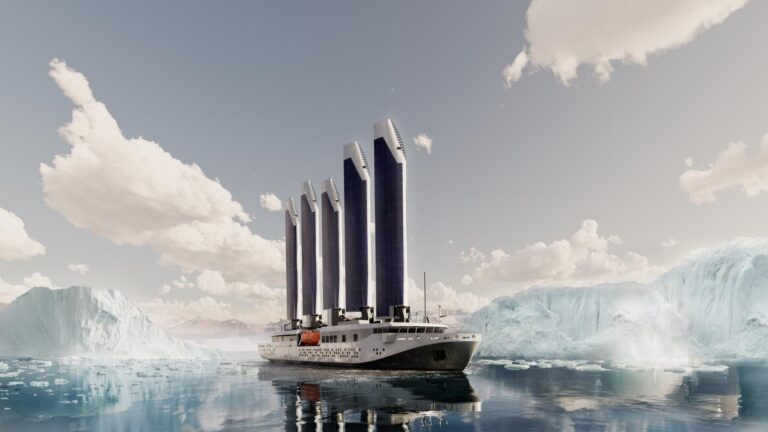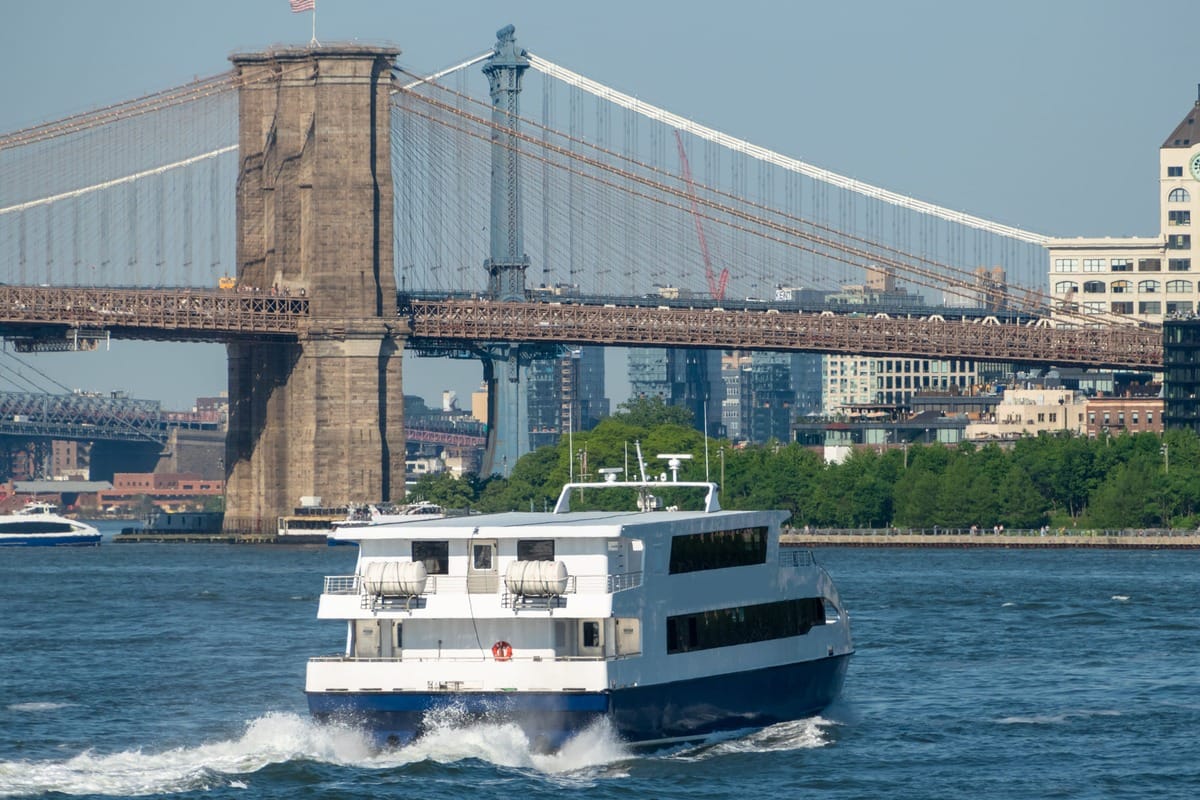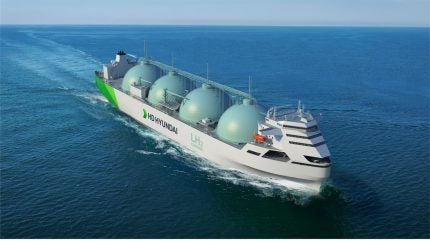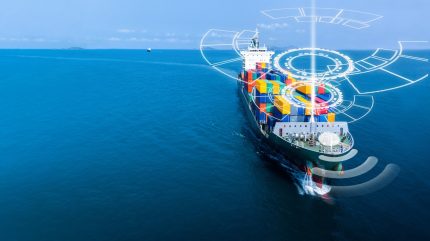The year 2024 was marked by innovative projects in the maritime industry which witnessed the increased adoption of various wind propulsion solutions. Toward year's end, a 'revolutionary' new solar sails-equipped cruise ship
The year 2024 was marked by innovative projects in the maritime industry which witnessed the increased adoption of various wind propulsion solutions. Toward year’s end, a ‘revolutionary’ new solar sails-equipped cruise ship concept hit the headlines.
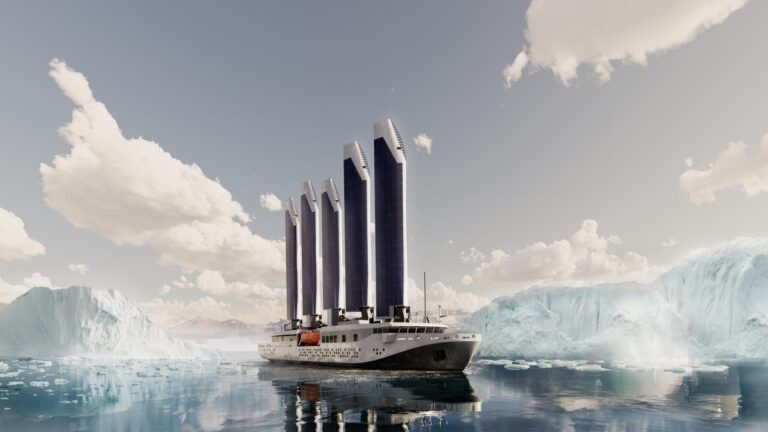
In late November 2024, the UAE-based engineering company Goltens hosted a keel-laying ceremony for Captain Arctic, a polar expedition vessel ordered by French ship operator Selar.
The 70-meter-long cruise ship set to be equipped with photovoltaic sails is being built jointly by Goltens and Mauritius-based shipbuilder Le Chantier Naval de l’Océan Indien (CNOI). It will be classed by French classification society Bureau Veritas (BV).
“We are excited and pleased to partner with Goltens on this transformative journey. This vessel is not only an investment in sustainable tourism, but also a commitment to preserving the natural wonders of our planet,”Sophie Galvagnon, Selar’s CEO and Co-founder, commented.
“Selar and CNOI have entrusted us to build a vessel that not only meets, but exceeds the expectations of the modern maritime industry. The project reflects our shared dedication to sustainability, innovation and a greener future for the seas,”Sandeep Seth, Goltens CEO, said.
He added that Captain Arctic represents “the first of its kind” in the luxury cruise expedition vessel.
“The vessel resonates and aligns with our vision and commitment for a sustainable future and providing green solutions within the maritime and other industries. Building this hull is also a first for the UAE and it aligns with the government’s vision for a sustainable future.”
Powered by wind and sun
Able to accommodate 36 passengers and 24 crew members onboard, the newbuilding is expected to set a new standard for environmentally responsible cruising, particularly in the fragile ecosystem of the Arctic, when delivered in 2026.
Captain Arctic will rely primarily on renewable energy sources for propulsion, resulting in a 90% reduction in CO2 emissions compared to conventional ships.
It will harness 90% of its power from wind sails mounted with ‘advanced’ solar panels. Specifically, the 35-meter-high sails can be retracted when needed. Built to endure the harshest weather, they are made of aluminum and fitted with 2,000 square meters of solar panels.
When the sails can’t harness wind, the ship will rely on two propeller shafts that produce energy and act as hydro turbines.
Furthermore, Captain Arctic will be able to generate fresh water from the sea through reverse osmosis.
Finally, the innovative vessel concept will feature an organic heating system based on recycled wooden waste pellets and a zero-waste policy at sea aided by several specialized systems onboard.
In related news, the French wind propulsion industry experienced strong growth in 2024. The country’s sailing fleet now comprises eleven large cargo ships, with four new wind-powered vessels added to the fleet in 2024, Association Wind Ship recently revealed. Moreover, a total of fifteen vessels featuring wind propulsion are under construction.
Related Article
-
France experiences wind propulsion boom in 2024
Outlook & Strategy
Content Original Link:
" target="_blank">















